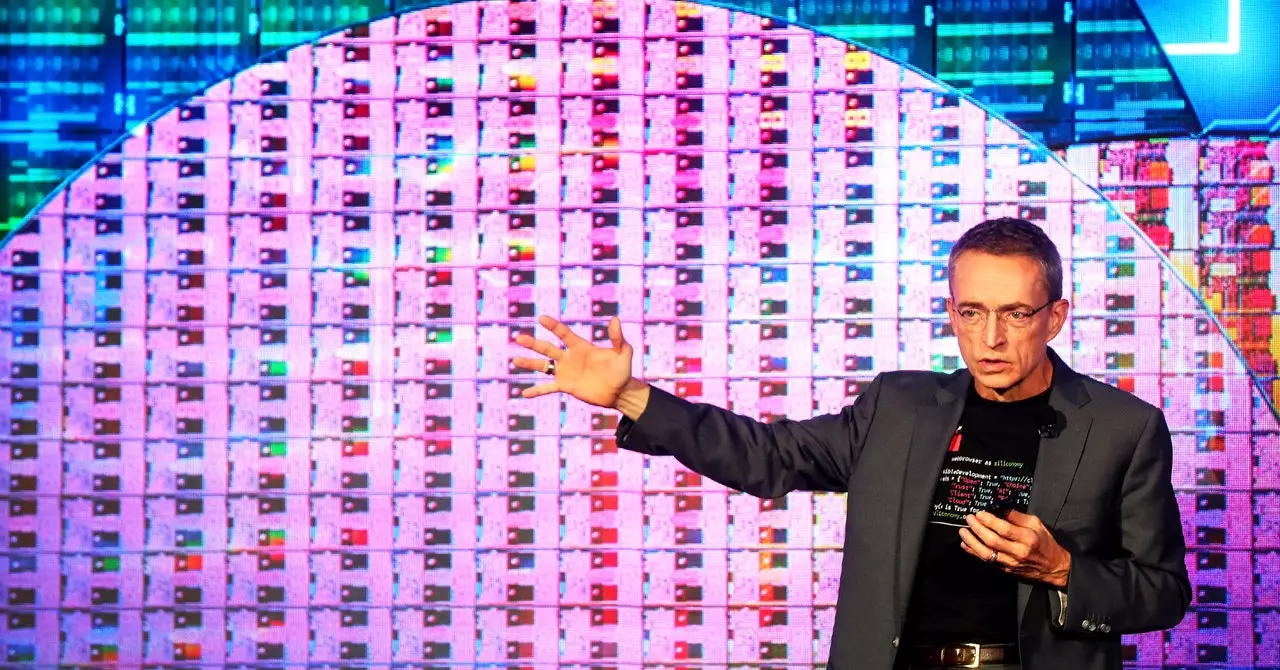When Pat Gelsinger took the helm at Intel in 2021, the company was facing tough times. Intel had missed the boat on the mobile revolution and struggled with cutting-edge microprocessor manufacturing. Additionally, it was lagging behind in providing chips for the burgeoning artificial intelligence market. Gelsinger’s optimistic promises of an epic comeback seemed ambitious, but he was determined to shake up Intel’s corporate culture, refocus on core engineering, and deliver a revitalized manufacturing plan to rival top competitors like TSMC and Samsung.
Recently, Gelsinger announced a rebrand of Intel’s “foundry” business, which is responsible for manufacturing chips designed by other companies. Intel’s latest manufacturing process promises to produce silicon chips that are as efficient and capable as those from TSMC. Microsoft has already signed on as a major client for this new chipmaking technology, a significant win for Intel as it strives to demonstrate its competitiveness in the AI era.
In a recent interview with WIRED senior writer Will Knight, Pat Gelsinger discussed Intel’s AI reboot and the future of the company. Gelsinger highlighted Intel’s strategic shift towards generative AI and its aim to capture a larger share of the AI market. By leveraging its expertise in network connections, memory, and supply chains, Intel hopes to position itself as a key player in the AI ecosystem.
Gelsinger addressed the astronomical challenges in AI development, particularly the need for massive investments in chip manufacturing. Reports suggested that OpenAI’s CEO Sam Altman aims to raise $7 trillion to develop and manufacture chips essential for advancing AI. Gelsinger acknowledged the scale of the challenge but emphasized the importance of investing in cutting-edge technology to support the growing demands of AI models.
Gelsinger highlighted Intel’s focus on developing the next generation transistor, known as ribbonFET, to compete with industry leaders. The company’s innovation in backside power delivery has been praised for improving performance and chip density. By increasing the number of chips produced per wafer, Intel offers a significant value proposition to its customers.
Despite Intel’s past setbacks in the foundry business, Gelsinger is optimistic about the company’s future. By securing Microsoft as a customer and showcasing technological advancements, Intel aims to rebuild trust with customers and regain its competitive edge in the market. Gelsinger’s strategic vision and commitment to innovation signal a new era for Intel as it strives to reclaim its position as a leader in the semiconductor industry.


Leave a Reply